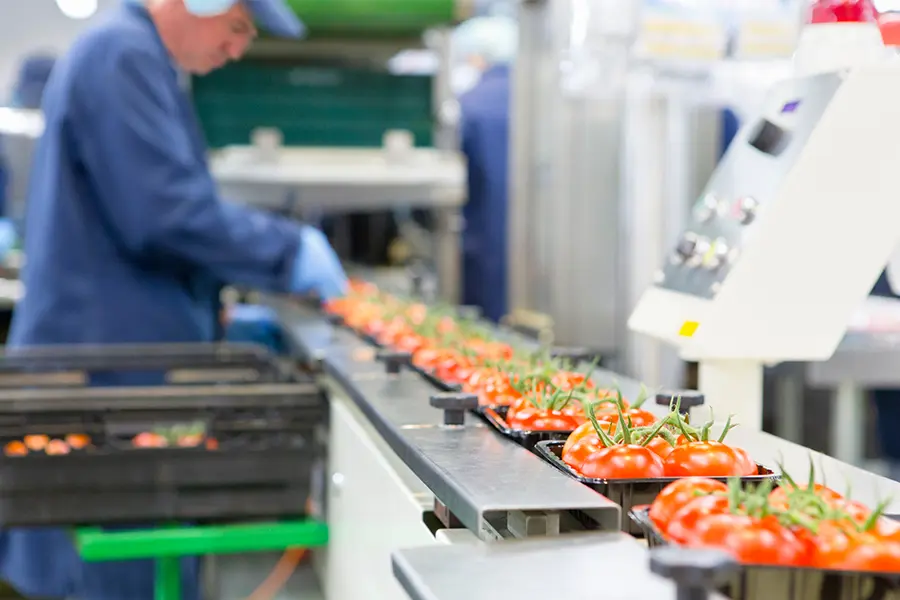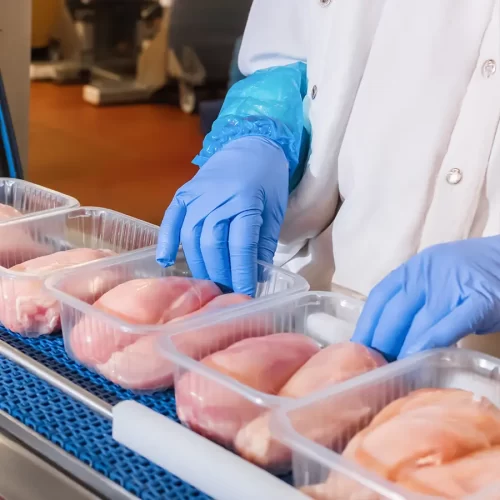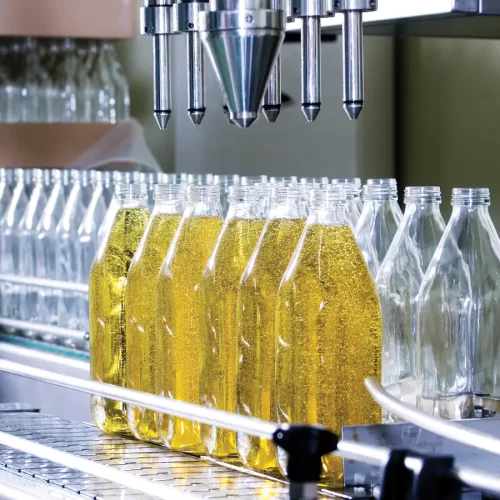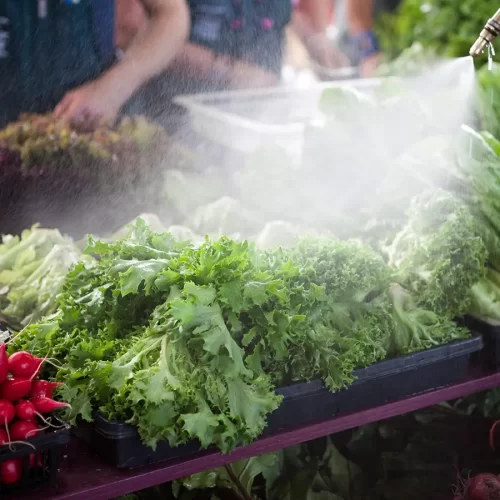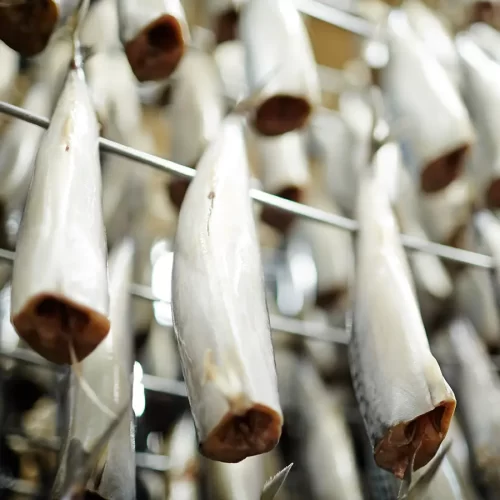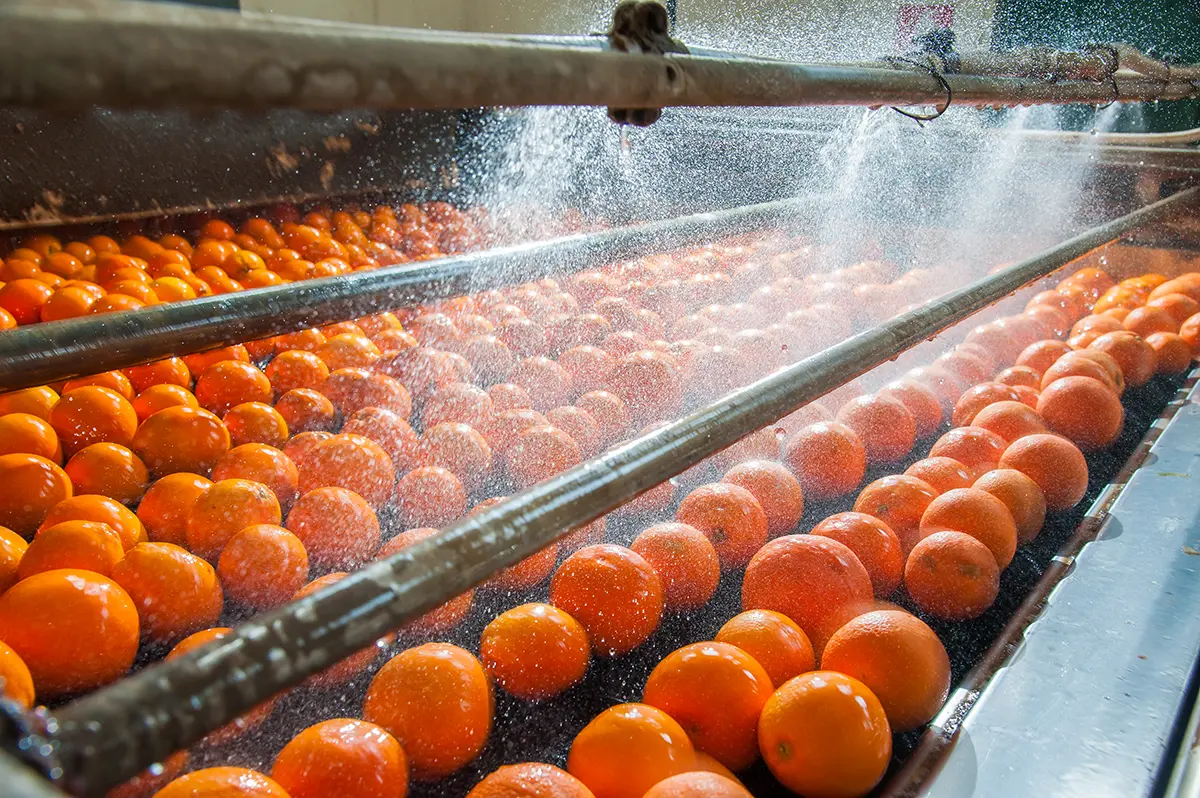Our highly effective water treatment and CIP disinfection systems at Scotmas have been widely tested and proven over the past 20 years in the most challenging food processing environments.
Ensuring that your food processing operations remain free of harmful bacteria like Salmonella, E.coli, Listeria, Pseudomonas, and Campylobacter is crucial to avoid disruption and losses.
Our industry-trusted Chlorine Dioxide equipment has built-in data logging and audit trails, allowing you to demonstrate your unwavering commitment to best practices.
At Scotmas, we provide unparalleled technical and QA support to back up our cutting-edge chlorine dioxide chemistry and equipment, and we possess a strong understanding and commitment to the unmatched food industry.
